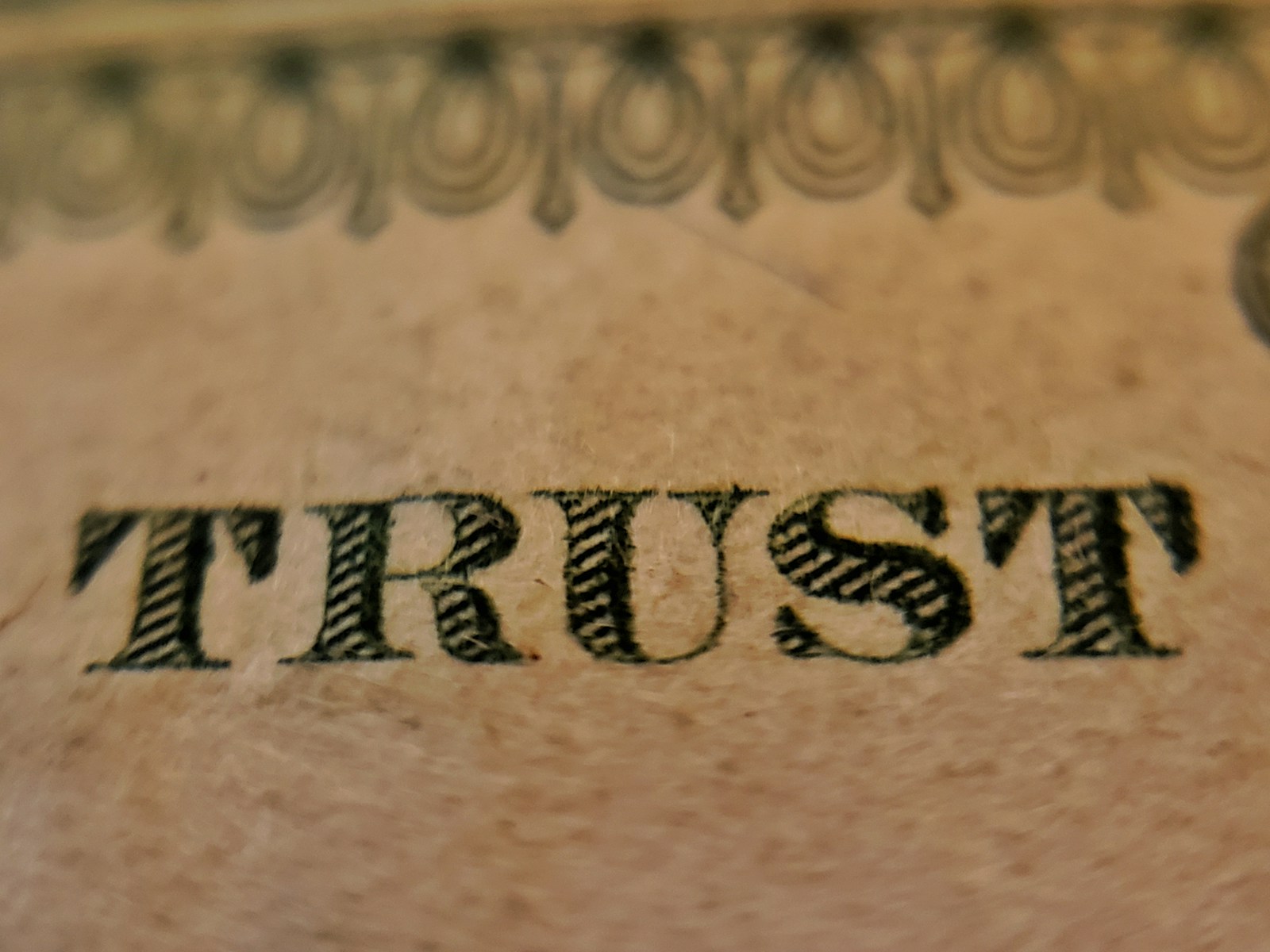
It’s a sad state of affairs when we, the electorate, must take matters into our own hands to protect ourselves from the predation of our “leaders.” However, it is a reality.
I’ve watched the political conversation unfold over the past few years in the US and Canada and, I’ve come to the conclusion that we need laws to punish any politician who:
- deliberately lies and misleads potential voters for their own gain
- makes election promises they have no intention or ability to keep
- conceals their platform and intentions from voters
- slanders their opponents
- blocks legitimate dialogue with voters
Political lies and broken promises have a terrible effect on democracy. They make it hard, if not impossible, for citizens to make informed decisions. It’s not democracy if we vote for or against a politician based on lies from them OR their opposition. Under these conditions, we no longer exercise the ability to choose for ourselves, and as such, we lose the most fundamental freedom to make meaningful decisions. A climate of corruption and disinformation erodes public confidence in democratic institutions. I believe this is one reason we see such low voter turnout.
Politicians should be accountable for what they say. Lies and false promises should be met with fines and penalties or permanent disqualification from holding public office.
While some laws in Canada and the US pertain to personal libel, the “free speech” / “freedom of expression” statutes push the boundaries of acceptable speech and, against all common sense, seem to force us to protect lies or at least tolerate them because some creep claims they are his/her opinions.
Freedom of expression was intended to protect people’s rights to hold an opinion and articulate it. But, the “opinion” stuff is overused as camouflage for disinformation. If a seller made bogus claims about his product and you bought that product based on those claims would you not consider this fraudulent? I would. What about hate speech or talk that incites violence? Where is the line in the sand?
Social media complicates things enormously by helping disinformers or simply the uninformed to spread falsehoods. Propaganda and political material travels easily through both mainstream social media like Facebook and dark versions like Telegram and Signal.
The algorithms that platforms like Facebook use, will show you content that keeps you scrolling and therefore available to see targeted advertising. They will feed you whatever seems to interest you. If you read posts that are divisive, the algorithms will push more of these to your feeds – until this is all you see.
With all this noise, it’s very hard for most voters to keep track of who is saying what; who is dishonest, and about what. It’s difficult to get beyond political spin to the real story. Most politicians use social media to advertise their party’s message with varying degrees of honesty. I have a huge problem with politicians who block users with differing points of view. (I’m not talking about trolling – which will ruin the feed for all users and scare people from commenting.) This is anti-democratic, anti-free-speech and it demolishes citizen safeguards that keep politicians’ feeds honest and in context.
So, what can we do about it?
We need to push for an independent and transparent body that will evaluate political disinformation and impose accountability measures. Write to your MPP, MP, newspaper etc. Get the message out there.
I think we can and should be as informed as possible – interacting with media from all sides and then cross checking information.
Canadian mainstream media should be Canadian-owned. It doesn’t guarantee perfect honesty, but I think it would keep us freer from outside interference. There is a caveat to this: we do see overly rigid media control in most dictatorial countries. What counters that is to allow media from other countries to be seen.
We need legislation to require platforms like Google and Facebook to dismantle their manipulative algorithms. These algorithms don’t just track your every click—they also sell your browsing data to businesses, including political parties. Additionally, they create a false sense of knowledge by repeatedly showing you the same content, making familiarity feel like understanding. In reality, this reinforces ignorance, as you’re exposed to the same ideas without gaining real insight.
We can avoid the narrow, restrictive approach of browsers like Google by switching to less invasive options like Firefox. It doesn’t shape your browsing experience based on your search history as much. Your views and content exposure are less influenced by algorithms designed to push specific ads or content based on your past activity.
I support Proportional Representation instead of the current ‘first-past-the-post’ system, where the winner takes all. In a PR system, the percentage of seats a party holds in the legislature matches the percentage of votes they receive. This ensures all parties have a voice for their constituents and encourages cooperation between them.
We, the voters, must take action to protect ourselves and our democracy because no one else has the same vested interest in our future as we do.









